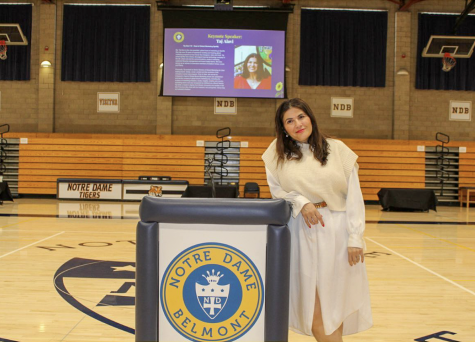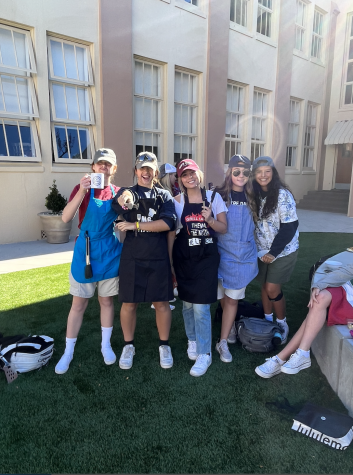Crazy Rich Asians: Why Representation Matters

Prior to the release of “Crazy Rich Asians” on August 15th, a movie with an all-Asian cast had not been released in twenty-five years. The movie adaptation of Kevin Kwan’s 2013 novel debuted with $25.2 million in earnings, spending opening weekend in the number one spot for movies in the United States. It was the first romantic comedy released in two years by a major Hollywood studio.
The movie was positively received by audiences and critics alike, with a 92% fresh score on Rotten Tomatoes. 2018 has been an important year for the release of movies featuring representation, in roles that deviate from stereotypes. “Black Panther,” released in February, featured an all-black cast, “Love, Simon,” released in March, depicted a love story between two gay teens, and “To All the Boys I’ve Loved Before,” a teen-romance movie released on Netflix in August, featured a Korean-American girl as the main character.
While “Crazy Rich Asians” has received some criticism for casting light-skinned Asian actors and actresses, for perpetuating stereotypes about Asians as the “model minority,” and only depicting a miniscule fraction of the lifestyles that Asian people from different countries experience, the significance and impact of the movie is impossible to ignore. Many people of Asian heritage have taken to social media to share the importance of the film to them.
As a half-Chinese teenager growing up in America, opportunities to see Asian people on screen are seriously lacking. Asian people tend to be typecast as kung-fu masters, work in tech or own Chinese restaurants, don’t speak English, or do so with a heavy accent, and a variety of other stereotypes. While “Crazy Rich Asians” does not tell the story of every Asian person, it is still a monumental movie, and had a particularly strong impact in the US, as it depicts the differences between Asian-American versus traditional Asian cultures.
Conversations regarding representation have developed and expanded throughout the past several years, between notable productions that have depicted diverse individuals in groundbreaking roles, and in controversy, particularly when it comes to whitewashing roles. “Ghost in the Shell,” “Aloha,” and “The Great Wall” were particularly disputed examples of white actors or actresses being cast in roles written for Asian characters.
It is, quite frankly, insane that “Crazy Rich Asians” is the first movie released in 25 years with an all-Asian cast, despite the immense population of Asian people in America and in the world. Hopefully, moving forward from movies released in 2018 that have featured more actors and actresses of color, it will not take another 25 years before another film of its kind is released. In the words of director John M. Chu, “it’s not a movie, it’s a movement.”

Johana Ligtenberg is a current senior and member of the Titan class of 2019. As the Editor-in-Chief, Johana Ligtenberg oversees all department editors...









